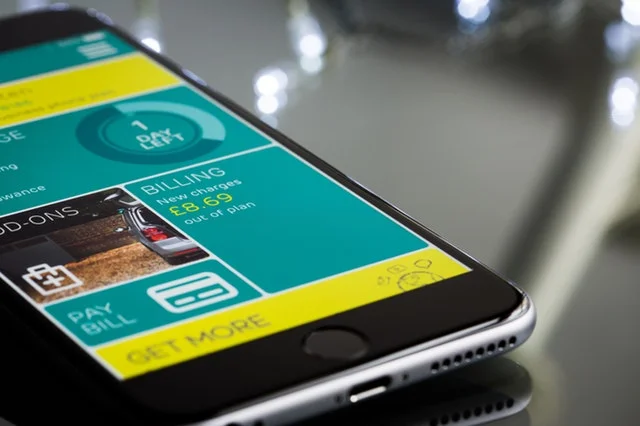SupplyCompass Launches ‘Slack’ for Fashion Supply Chains
SupplyCompass, the Production Platform for brands and manufacturers, unveils a major product update that now allows fashion businesses to invite and onboard their own factories, and streamline communication via an in-built Slack-style chat feature.
The launch makes SupplyCompass a first of its kind platform, enabling fashion brands and manufacturers to build strong partnerships and work together as one team - collaborating more effectively, bringing collections to market faster and producing better quality products. Fashion brands can also still tap into a vetted manufacturer network when they need new manufacturing partners.
Summary of new platform features:
Built-in Slack-style chat feature bringing critical structure to conversations on orders.
Dedicated interfaces for both brands and manufacturers - costings, sample management, tech pack sharing and purchase order management.
Sample request and management feature with status dashboard and tracking.
Inbuilt purchase order feature that allows users to raise POs in a click.
Slack-style chat feature
From a supply chain perspective, the digitalisation of the fashion industry is well behind other industries. Hundreds of different people are needed to bring a product to market, and much still happens on email, excel, and handwritten paper. Nearly a year after the world went remote, digital communication tools like Slack and Zoom have become lifelines. However, as yet, nothing has been specifically created to handle the complexities of the fashion industry, where effective supply chains rely on strong methods of communication.
This is why SupplyCompass has introduced a Slack-style chat feature to its production platform. The chat feature facilitates centralised, clear communication between brands and manufacturers by combining both freestyle communication with structured product and order details, together in one platform. Ultimately, the tech makes the production process faster, more efficient, and builds better brand and factory relationships.
With the new SupplyCompass chat feature, brands can now:
Upload heavy files directly into the chat, with no restrictions on file size like emails.
Have team chats unrelated to projects, whilst having a tool that encourages users to link conversations to a project, so all conversations about that order happen together.
Communicate in real-time with their factories like Whatsapp or Slack, with the key difference being that all conversations relating to each order are saved in one single thread, and with all the relevant team members from both brand and manufacturer having visibility.
Share videos, embed links and use emojis - to bring personality and humanness to messaging, nurturing the partner relationship.
Production Platform for both brands & manufacturers
The SupplyCompass Production Platform is a new type of fashion software that enables brands to develop products and manage their production process, with their manufacturers, all in a single place. From sharing inspiration in moodboards, standardising and better-visualising tech packs, comparing and tracking costing, building digital libraries, to developing greater feedback traceability, with SupplyCompass, brands reduce uncertainty and gain greater control, saving time and costs (up to 70% less time spent managing production).
The product update means fashion businesses can now invite and onboard their own factories and suppliers onto the platform, allowing them to better collaborate on and manage the extensive production process and giving them the ability to manage their whole supply chain network via a single source of truth. While brands can still gain instant access to new trusted and vetted manufacturers through SupplyCompass should they need, the ability to bring on board brands’ existing factories now makes it possible for brands to use the platform across all orders and their entire supply chain business.
The result is, through SupplyCompass, brands can design better products, bring collections to market 50% faster with increased sample hit rate and less stress and uncertainty, as well as focus on building stronger supply chain relationships. With standardisation across countries, languages and varying levels of expertise, teams will be empowered to spend less time managing production, and more time creating value elsewhere in the business.
Gus Bartholomew, CEO & Co-Founder of SupplyCompass, says: “This is our most exciting product update yet - one that has been four years in the making. Ever since our two-year stint in India, we’ve seen first-hand the problems facing the fashion industry, but 2020 just skyrocketed these. As we’re in a unique position at SupplyCompass—bridging the gap between brands and manufacturers—we knew we had to act fast and provide better software for fashion production. This meant opening our platform up for brands to bring onboard their own factories, facilitating collaboration and strengthening existing partnerships.
“Ultimately we believe now is the time for brands to recognise manufacturers as part of their business. And this is why we also developed our chat feature, which brings brands and factories closer together, to produce better. Historical chat tools have allowed too much freedom for new channels and threads for something like production, which needs structured communication if it’s to truly work. We’re hugely excited to roll-out our new features, which will help brands launch categories faster, design for sustainability, gain visibility, spend less time stressing about production, and reduce uncertainty.”











































